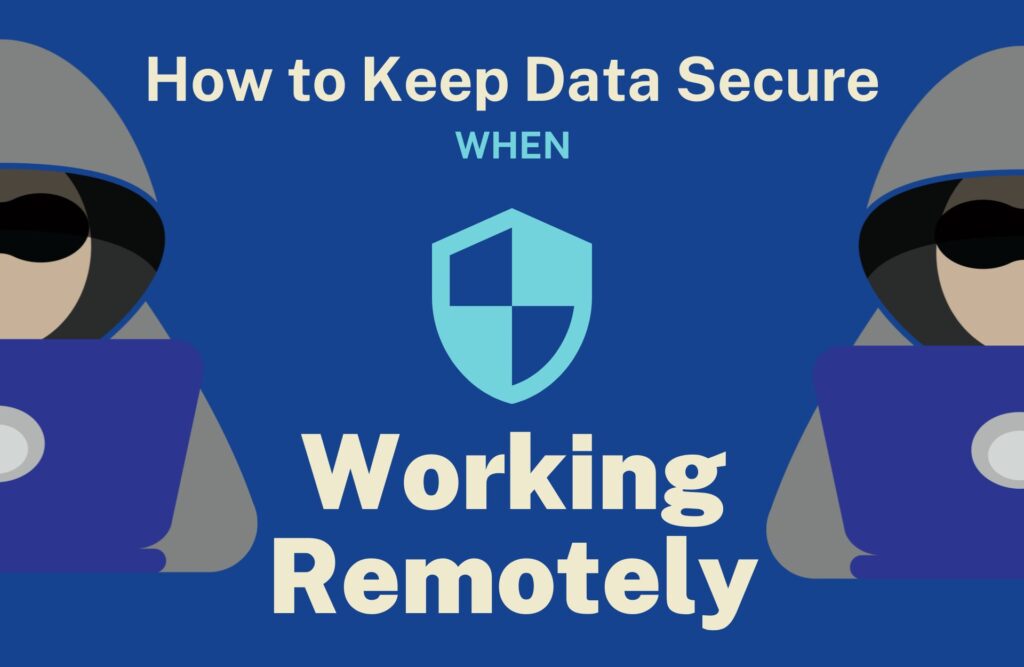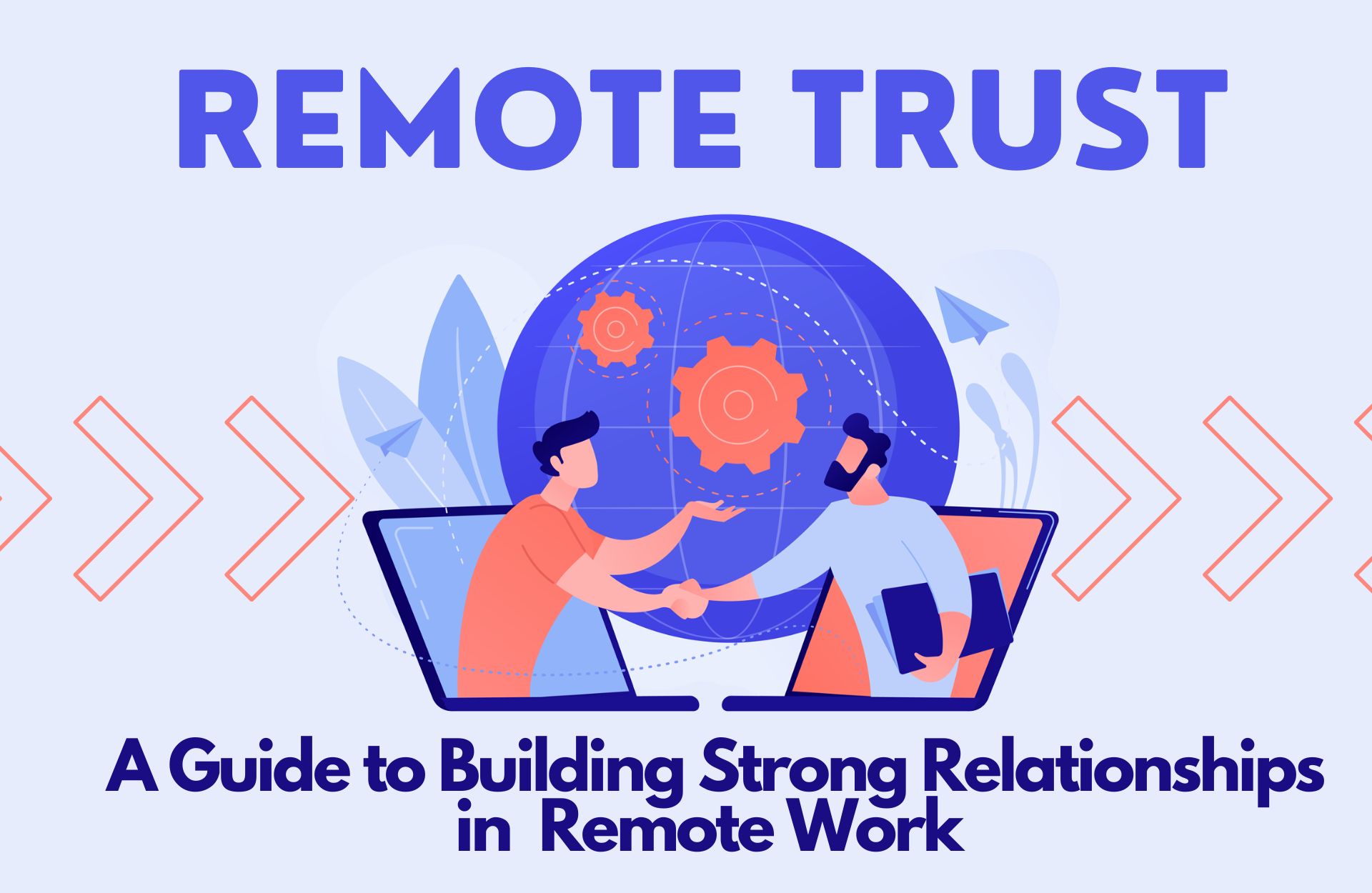Benefits of remote working for employers
Not only employees, but even employers benefit from working remotely. Here are some advantages of working from home for employers.
Higher staff retention
One of the benefits of working from home is employee satisfaction. Different employees are happy with different things, for example, an employee who has to commute to work is happy not to have to.
At the same time, flexibility and independence at work increases employee job satisfaction. It goes without saying that employees are more likely to stay with a company they are satisfied with, thus increasing employee retention.
Cost effectiveness
In normal times, in addition to paying employee salaries, companies incur several other expenses, such as electricity, rent, maintenance of elevators and security systems, and more.
Therefore, it can be said that one of the main benefits that companies enjoy working from home is the reduction of additional costs.
Higher employee productivity
Workforce productivity has increased as employees have to work independently and flexibly from home.
This is one of the main benefits of remote working for companies.
Useful research study: Teleworkers More Productive—Even When Sick
Reduction in leaves
Another benefit of working remotely is the reduction in employee vacations.
Everyone is back at home with their families, there is no longer a need to travel to work, the atmosphere is more comfortable for employees, and there is less stress and fatigue.
Also, since work flexibility is a key benefit of working from home, employees can work on a schedule that works best for you. This causes them to reduce their leaves.
Challengers of remote working for employers
Once again, despite the benefits of working remotely, employers are currently facing certain disadvantages of working from home.
Performances monitoring
Companies also face the disadvantage of working from home. At the top of the list is performance monitoring.
For certain job profiles, it can be a real challenge for employers to monitor performance under remote working conditions.
Onboarding new employees
When a new employee joins a team, the first week or two is critical for getting settled in and understanding responsibilities.
However, in a remote work setting, this is one of the biggest disadvantages of working from home faced by employers.
Constant fear of security risks
As the world runs on data, every company’s IT team is on red alert to protect data.
However, with remote work becoming the norm in 2020, this is one of the main downsides of working from home. Companies have been protecting employee systems around the clock to keep corporate data safe.
So it can be concluded that the advantages and disadvantages of working from home go hand in hand for both employees and employers. But the past year and a half has shown that, with proper care, the downside can be minimized.
To that end, companies across the country have launched COVID-19-related initiatives to help their workers survive by offering help to boost their mental health, arranging for vaccines and other medical assistance, lenient leave policies for employees who test positive, and more. through these difficult times.
What is certain is that working from home is here to stay as more workers and employers begin to bridge the gap.
Useful articles: How to Keep Data Secure When Working Remotely






